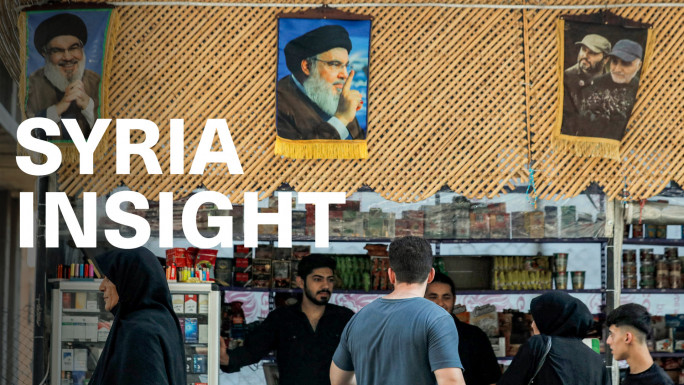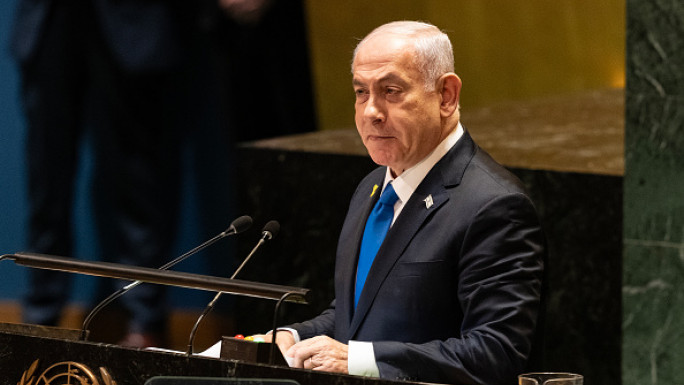Egypt cuts 2040 renewable energy target to 40%, citing natural gas focus
Egypt has revised its renewable energy target for 2040 down to 40 percent from a previous goal of 58 percent, Petroleum Minister Karim Badawi said on Sunday, underscoring that natural gas will remain a key part of the country's energy mix for years.
Before hosting the COP27 climate summit in 2022, Egypt pledged to raise renewable energy production to 42 percent of its energy mix by 2035, later advancing that target to 2030. In June 2024, then-Electricity Minister Mohamed Shaker announced an ambitious plan to raise this to 58 percent by 2040, a target now abandoned.
"This is a message to all of us to work together to increase discoveries and attract more investments through the bids being offered for exploration, aiming to achieve new discoveries in the region, which holds more wealth, particularly natural gas," Badawi said in the opening session of the Mediterranean Energy Conference 2024.
The continued reliance on fossil fuels comes as Egypt works to rebuild trust with foreign oil firms, whose local operations slowed after a hard currency shortage left the country with billions of dollars in arrears.
Since taking office in July, Badawi has met numerous international energy companies, including Italy’s Eni, which plans to start drilling new wells in Egypt's largest gas field, Zohr, in early 2025 to boost production.
Zohr's gas production peaked at 3.2 billion cubic feet per day (bcf/d) in 2019, enabling the country to become a net exporter. But output declined to 1.9 bcf/d by early 2024, forcing Egypt to increase gas imports through a pipeline linking it with Israel as well as liquefied natural gas (LNG) shipments to avoid a load shedding scheme that went on for months.
Egypt also imports high-sulphur fuel oil, with imports spiking to 255,000 barrels per day (bpd) in September, the highest since at least 2016.
![Natural gas extraction in Egypt [Getty]](/sites/default/files/styles/large_16_9/public/1247400138.jpeg?h=ea7e2c28&itok=nQBtDjg3)





![Yahya Sinwar and Ismail Haniyeh were both killed by Israel [Getty]](/sites/default/files/styles/image_330x185/public/2024-10/GettyImages-898714644.jpg?h=85e56ae9&itok=BRVHP6Fh)
![RSF [Getty]](/sites/default/files/styles/image_330x185/public/1171027952.jpeg?h=cb957c44&itok=MdOjuZ05)
